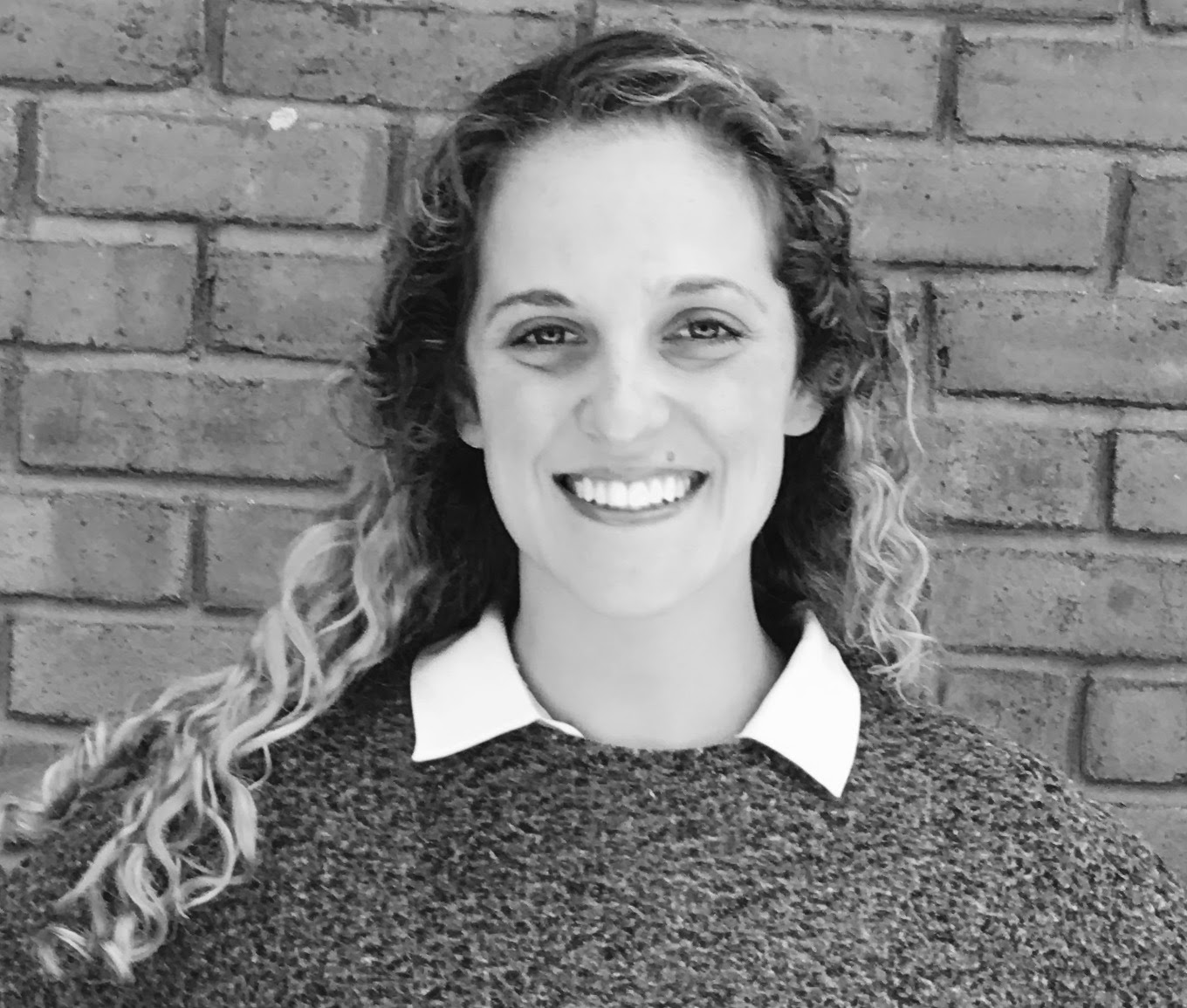I felt rage and disappointment in their choices and positions. Being a rabbi in Texas meant I was constantly trying to connect our moral traditions to political action, while simultaneously removing any hint of partisanship from the conversation. For a long time, I walked the delicate balance, recognizing that while our values relate to our political positions, I could not assume that shared values meant we would all vote the same way. This was very difficult, because for me ethics and politics were intrinsically linked. Eventually, I realized it was time to leave my congregation.
On Yom Kippur, the Torah reading reminds us that ‘on this day, atonement shall be made, to cleanse us of all our sins.’ (Lev. 16:30) This year, I am trying to figure out how to cleanse myself from the sin of villainizing my political enemy.
I know I should see everyone as created in God’s image (Gen. 1:27), and I try to see a crown on each and every person, proclaiming their holiness to God (Ex. 39:30). Yet I continue to harbor anger and feelings of blame for all the horrible realities we currently face. Though it’s not about party affiliation, there are some whose choices truly confounded me.
We live in a time that demands rabbis utilize their prophetic voice. There is pain, brokenness, hatred and neglect – and we spiritual leaders must speak up. It demeans our roles to say nothing; it disgraces both religion and politics to place an arbitrary barrier between them.
Racial justice, economic justice, environmental justice – we have a religious obligation to pursue them. Tzedek, Tzedek Tirdof! (Deut. 16:20) Tirdof? I recently reexamined these words with the wise Yehuda Kurtzer of the Shalom Hartman Institute. He pointed out that while we generally understand and translate this Hebrew word as pursue, ‘rodef’ is a term specifically for a violent act of pursuit. Is this what we strive for? Achieving justice through violent pursuit?
No – we don’t want violence. The pursuit of justice should not fan the flames of anger and hatred.
I wonder if this is the reason our Torah commands us to observe a day of atonement in parashat Achrei Mot. This title means ‘after death.’ It refers to the deaths of Aaron’s sons, both leaders of the community. The Torah’s timing in dictating the necessity of Yom Kippur reminds us not only that as communal leaders we too need to make atonement, but also that misunderstandings may have devastating consequences.
Yes – we should speak out and speak up. Yes – we should live and teach our moral and ethical traditions and apply them to the world we live in. However, we must do it without creating more enemies. We must declare that Black Lives Matter, without writing off all law enforcement. We must strive for women’s equality and fair pay, without acting as though all opponents are misogynists. We must advocate for ending income inequality, without assuming the 1% are all greedy and selfish. We must try to make political change, without demonizing those who vote differently.
Al chet sh’chatanu l’fanecha, for the sin we have committed against you, for harboring hatred in our heart.
Al chet sh’chatanu l’fanecha, for the sin we have committed against you, of righteous indignation.
Al chet sh’chatanu l’fanecha, for the sin we have committed against you, when we invoke your name for partisan gains.
Al chet sh’chatanu l’fanecha, for the sin we have committed against you, for seeing the world as ‘us’ and ‘them.’
This year may we have the courage to speak and to listen, to use our prophetic voice and to pursue justice with hearts full of love rather than hate.
Rabbi Samantha O. Kahn is the new Director for Interfaithfamily San Francisco Bay Area, having just relocated from Texas. For more from Rabbi Kahn on life, politics, parenthood and Jewish living, please visit RabbiKahn.com and follow her on twitter @RabbiSOK.

